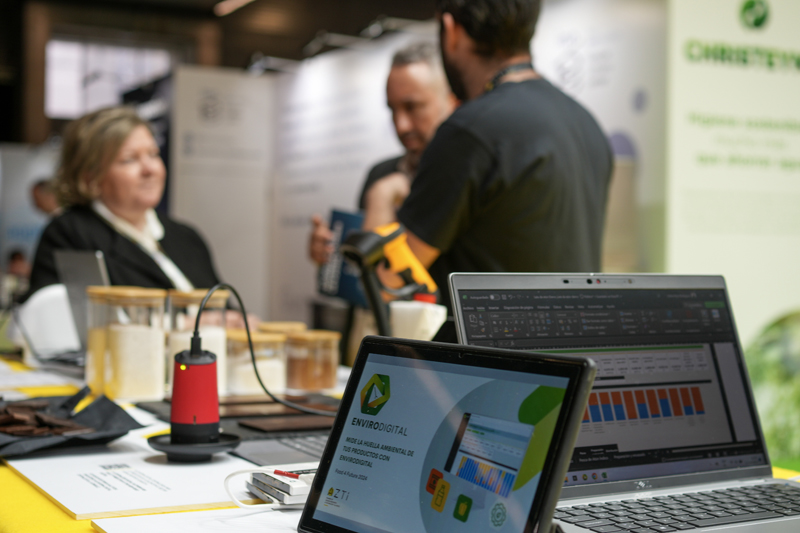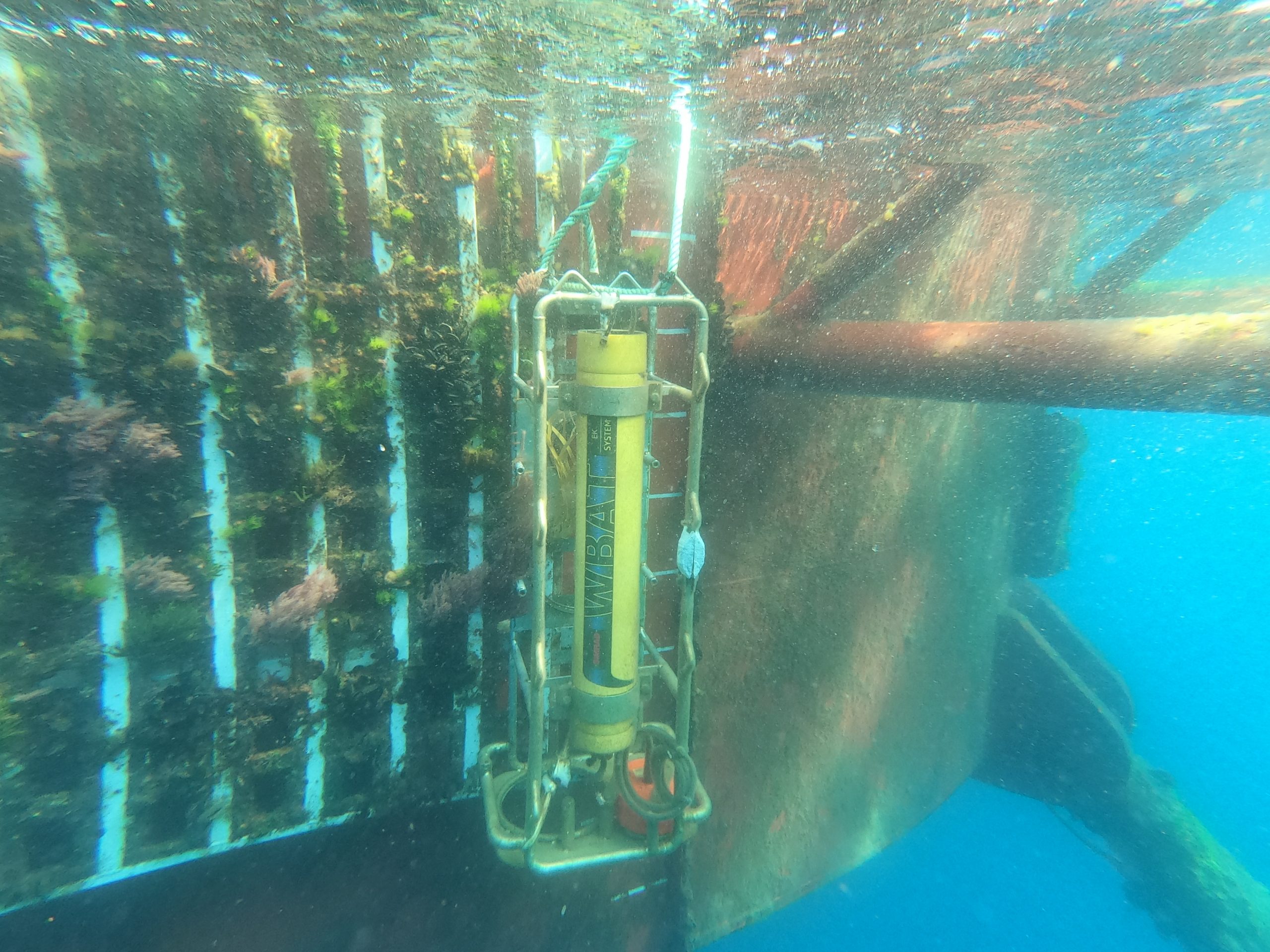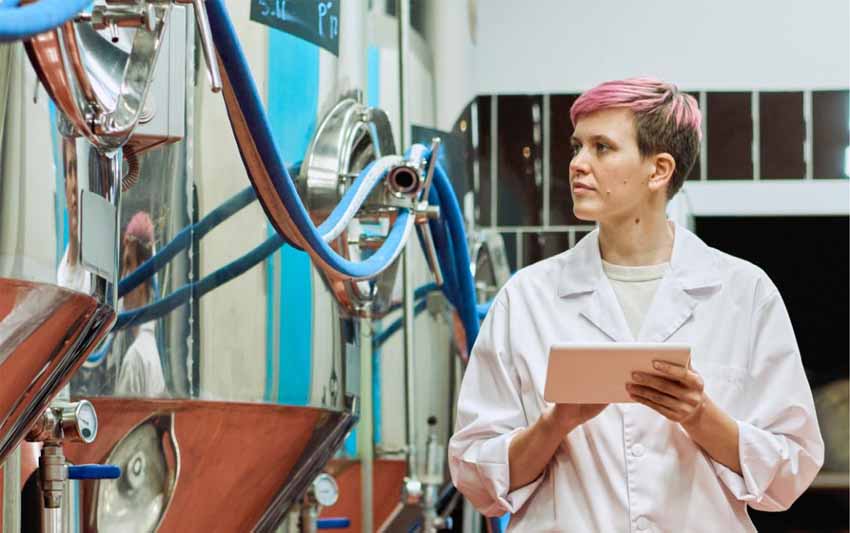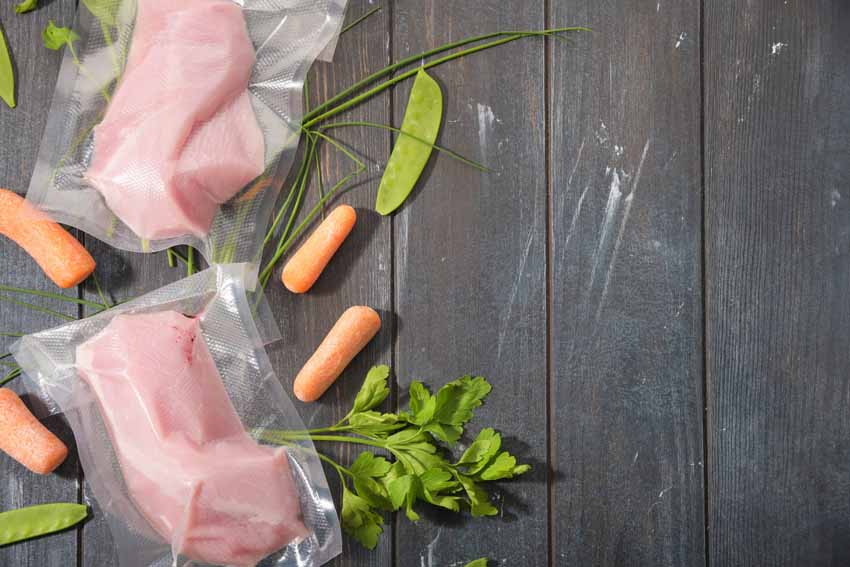New Protein sources, Circular food, Robotics and Artificial Vision systems: Foodtech Trends for 2025
Últimas noticias
International Energy Day: AZTI's Innovations in Marine Renewable Energies
Scientists Find Marine Bacteria that Break Down a Key Compound for the Carbon Cycle and Global Climate
A new tool promotes the sustainable development of maritime sectors and marine biodiversity conservation
- Food 4 Future – Expo Foodtech presents the 7 trends that will define the future of the food industry
Madrid, 27th May 2024 – The food industry met last April at Food 4 Future – Expo Foodtech and Pick&Pack for Food Industry, which were held simultaneously in Bilbao, Spain, from 16 to 18 April to discover and analyze the challenges facing the food and beverage sector, marked by an inflationary economic context, new consumer habits that lead to new consumer demands, and increasingly demanding regulations regarding sustainability. With the help of 482 experts from the food industry worldwide, Food 4 Future and Pick&Pack, together with AZTI’s technological innovation team, have identified the 7 trends that will mark the future of the food industry in the coming years:
Índice de contenidos
Geostrategy and inflationary environment
Europe has traditionally had a history of low agri-food inflation, something that has changed in recent years with a double-digit annual increase in food and non-alcoholic beverage inflation. This problem, coupled with the fact that many regions specialize in a single product, creates a risk of market fluctuations. To face these challenges, Food 4 Future has highlighted the importance of moving towards the European model of more efficient and productive farms, with greater collaboration from the private sector, something that will strengthen the competitiveness of these companies. Alliances between manufacturers and fostering resilience, innovation and collaboration are key to ensuring success in a constantly evolving sector.
New consumer habits
Consumer demands and habits have changed and now demand personalized experiences. Many companies are already using data and the latest technologies, such as Artificial Intelligence, to adapt products and services to these new individual preferences and the trend is expected to continue in the future. In addition, society has shifted and now consumers value health, taste, convenience and sustainability as key drivers and where direct sales have increased significantly. In this way, food and beverage firms are gaining market share, winning over the shopper in the current context of price adjustment, and forging robust competition for the rest of the players. New habits also include the demand for healthier and more sustainable foods, which has led to innovation in alternative foods, such as those based on vegetable proteins, mushrooms, algae, and meat substitutes.
360° Sustainability
The food industry faces multiple challenges in terms of sustainability, driven by climate change, the efficient management of resources such as water and energy, and the need for decarbonization to achieve zero net emissions. It is also focusing its efforts on the importance of minimizing greenhouse gas emissions, optimizing packaging materials, improving eco-efficiency in production processes and encouraging recycling throughout the product life cycle. Suppliers are key in this respect, as are sustainable agricultural and livestock practices, together with more efficient food processing chains and minimizing food waste.

New technologies
The digital transformation that the food sector is undergoing has brought with it robotization and automation in production plants, but it is also being extended to other practices such as harvesting, spraying and pruning in agriculture. Other trends that will mark the future in the field of agri-food tech are precision fermentation, efficiency technologies, operational excellence, or industrial machine vision to detect quality defects, among others. The application of technologies is also key to guaranteeing food quality and safety, with real-time monitoring, preventive models, traceability from farm to fork, and smart packaging and labels to ensure the quality of pre-packaged food. In addition, quantum computing is gaining a great deal of attention in the field of innovation.
Healthy eating
Concern for healthy eating and lifestyle is growing, which is why personalized nutrition has become increasingly important in recent years. Companies are striving for healthier products without sacrificing pleasure and taste through new techniques. The debate on ultra-processed foods and the need for legislation will also remain on the table. This is an issue where there is no consensus and where there is a high degree of ignorance among citizens about labeling systems. Transparent communication on packaging will help consumers to make informed choices.
New packaging regulations
Packaging is also undergoing a paradigm shift driven by several interlinked factors: the advance of decarbonization, the application of technologies for process optimization and the adaptation to increasingly demanding sustainability regulations. The sector is currently immersed in major challenges driven by the new regulations against food waste and packaging, which will have an impact on eco-design, the trend towards mono-material, reuse, and the increase in recycled material, among other issues.
More sustainable and efficient logistics
Supply chain efficiency is crucial. Technology allows for greater production and volume, greater flexibility, and more traceability, all of which have an impact on increasing business for companies in the sector. For this reason, Artificial Intelligence, robotics, automation and blockchain solutions are already being applied to improve logistics efficiency in the food value chain. The use of robots and AI makes it possible to handle a wide variety of products, and even pack boxes with products of different types and sizes using artificial vision. The result is improved efficiency, saving time and increasing sustainability while reducing costs.







